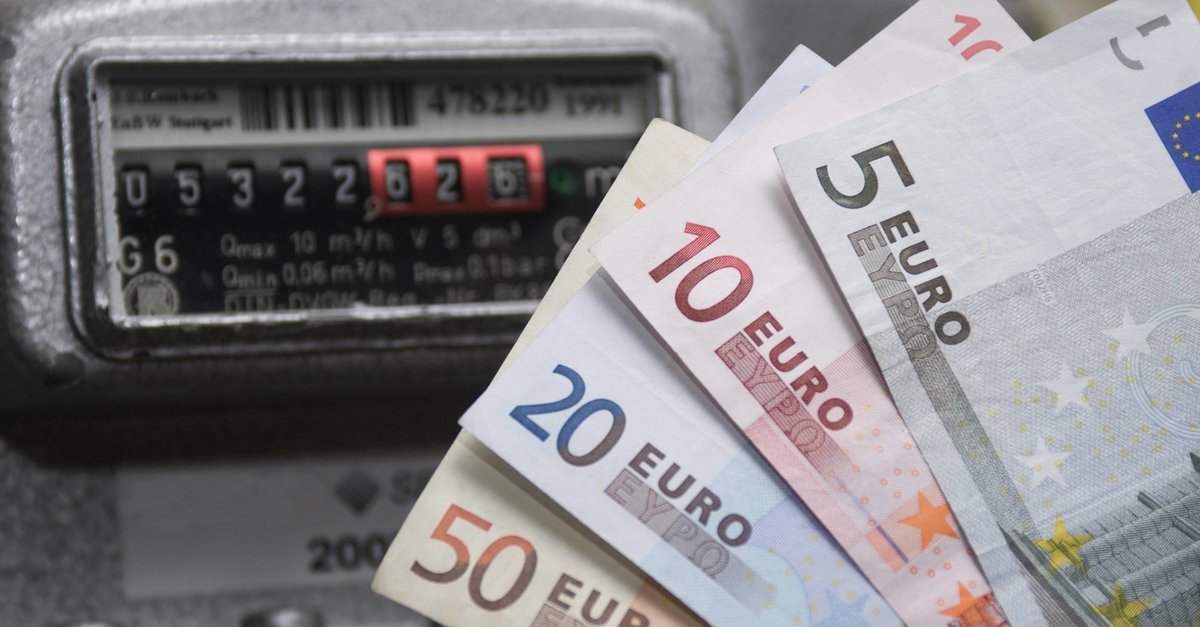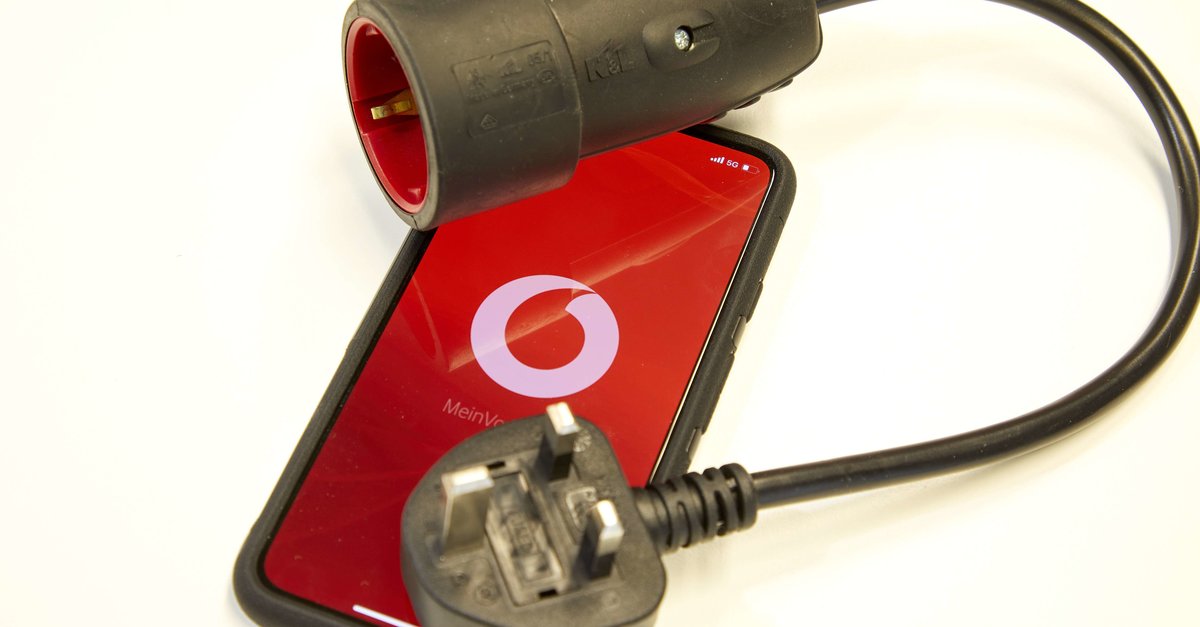Will the Germans escape the horror winter?
The summer is over, the cold days are increasing – and the gas prices that many consumers in Germany are paying are climbing to unimaginable heights. At least that’s what it looks like in the letters from the energy companies that are arriving in many mailboxes these days with price increases. But prices on the gas market have been falling for days. So has the expensive winter been averted?
Wholesale gas prices are falling, but we are still a long way from sighing
Looking at the gas prices should make many Germans queasy. Thinking about the coming months and what the high prices mean for the wallet is a big concern. But while energy suppliers are currently announcing one price increase after another, the wholesale gas price has been falling for weeks – and not even a little.
the Megawatt hour of Dutch natural gas cost in futures contract TTF as of Monday, September 26 around 172 euros (Source: Handelsblatt). Wholesale prices have been falling significantly since the end of August. The gas price in Europe, for which the TTF contract is the key indicator, has thus reached a provisional low for several weeks. The highest price so far was around 346 euros on the Dutch TTF exchange.
There are several reasons for this: the storage facilities in the EU are well filled, the pressure to buy at high prices is decreasing. The European average is a good 85 percent. In Germany according to the industry association Gas Infrastructure Europe now 91 percent reached. The austerity efforts continue to have an effect.
On the other hand, the dreaded worst case scenario has already happened: gas transport from Russia to Germany is on hold, and there is hardly any end in sight to the stoppage in deliveries. The fear that it would come to that has come true. But this case was apparently priced into the markets. The attempt to look into the future determines the prices. The gas from Russia is no longer flowing, and there has been no collapse. At least in this respect, the concerns on the market have subsided somewhat.
Expensive gas also drives up electricity prices. With your own solar generator you keep your costs low:
Gas remains expensive: customers have to continue to pay high prices for the time being
This is reassuring news for consumers. Yet the falling prices on the futures market are not likely to have any immediate effect on the high costs for end customers. According to the Handelsblatt, the real price shock is imminent in 2023, when suppliers have to buy again at high prices after the winter. According to experts, electricity will also become more expensive in the coming year.
Instead of easing the situation, energy prices could rise even further in the coming year. Safety from extremely high ancillary cost bills can currently only be provided by a political decision. A gas price cap is currently still up for debate.



